About Us
Khyentse Vision Project is a non-profit translation initiative under the umbrella of Khyentse Foundation.
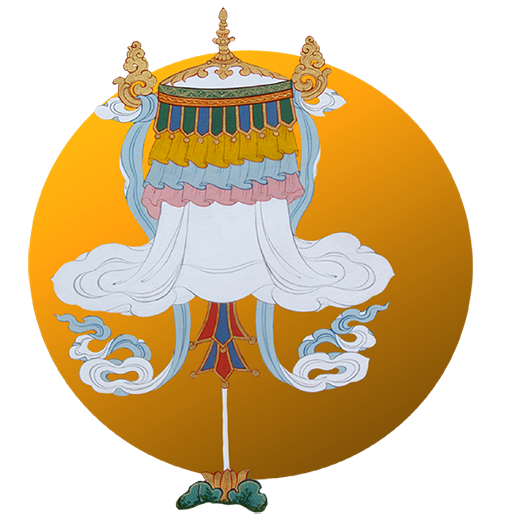
Mission
Our mission is to make the treasury of Jamyang Khyentse Wangpo’s writings widely accessible for a global community of practitioners and scholars by translating and publishing his works freely online. Our long-term aspiration is to become a translation hub for the teachings of the Khyentse lineage masters and to help bring their wisdom to life in new and creative ways.
Project Scope
Khyentse Vision Project translates and publishes the core writings of the nineteenth-century scholar and treasure revealer Jamyang Khyentse Wangpo. His two major collections are his Collected Works (Kabum) and Seven Transmissions (Kabab Dun)—totaling over 30,000 Tibetan pages. KVP catalogs and produces research on these collections for the benefit of future translators and researchers. The project also provides translator training, creative initiatives, workshops, and online Dharma talks to help readers connect with Khyentse Wangpo’s wisdom.
I hope and pray that the vision of Khyentse will prevail.”
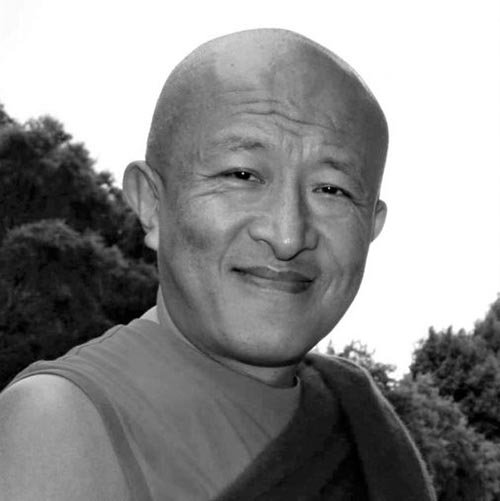
As one of the founders of the nonsectarian Rimé tradition, Khyentse Wangpo produced meditation instructions, philosophical treatises, songs, sādhanas, histories, treasure cycles, and pith instructions that represent all traditions of Tibetan Buddhism. The range of Khyentse Wangpo’s works epitomizes both his vast scholarly knowledge and his vision of treasuring the many Vajrayāna lineages. This unbiased spirit is a hallmark of the teachings of the Khyentse masters that continue to be transmitted to the present day. The scope of KVP is therefore nonsectarian by offering translations that will benefit practitioners of all Tibetan Buddhist traditions.
The diversity of material found in these collections demands a correspondingly wide range of expertise, experience, and qualifications from our translators and editors. One of KVP’s goals is to support translators and scholars of Tibetan Buddhism by recruiting and training the next generation of motivated and talented individuals who aspire to dedicate their energy to making Khyentse Wangpo’s works widely available.
Altogether, the translation of the major works from the 24-volume Kabum and 22-volume Kabab Dun is projected to take 20 years to complete. KVP is currently producing English translations and plans to eventually expand to include other languages.
We are the first project to translate an entire collection by one Tibetan master into English. We are setting a precedent framework for the future translation of similar collections.
We produce tantric liturgies that are regularly taught on and practiced by sanghas around the world from all Tibetan Buddhist traditions.
Our training program supports a new generation of translators, by targeting the skills required to expertly translate the wide range of material found in these collections.
We are bringing to life the world of Khyentse Wangpo through creative, multi-media initiatives, including metred verse, musical collaborations, a 3D archival gallery, maps, artwork, and live teachings.
Core Values & Principles
Impartiality & Synergy
Khyentse Wangpo was renowned for supporting and preserving all Buddhist lineages in Tibet, which is reflected in his collections. KVP strives to follow Khyentse Wangpo’s example by upholding a nonsectarian attitude that cherishes all Buddhist traditions equally. KVP is therefore not affiliated with one particular tradition and recruits team members from a wide range of Buddhist backgrounds and affiliations.
Accuracy & Readability
KVP aims to respect the context of the Buddhist system represented in each text by applying a rigorous approach to translation methodology and editorial processes that avoids an overly interpretative translation. This emphasis on accurately reflecting the source text is balanced with an aim to make our translations fluent and accessible in the target language to ensure readability, relatability, and inspiration.
Collaboration & Research
In keeping with Khyentse Wangpo’s collaborative approach when working to preserve the various Buddhist lineage traditions, KVP strongly emphasizes collaboration with other translation groups and projects. This is expressed through freely sharing resources and data, presenting open workshops and events, and allowing translators to reproduce their translations on other platforms. We also aim to contribute to a greater understanding of Khyentse Wangpo through publishing independent research and sharing our findings with scholastic and monastic communities.
Tradition & Integrity
Throughout his life, Khyentse Wangpo was both an exceptional scholar and realized practitioner. In this spirit, our translators and editors are also scholar-practitioners. All translators working on a particular text will have received the appropriate transmission before embarking on their work. KVP recognizes that we are fortunate that Khyentse Wangpo’s collections have been passed down through a living tradition, and we regularly receive the guidance of lineage holders.
Quality & Innovation
KVP consults and works with the most knowledgeable scholars and experts to ensure the highest quality publications. We put each translation through a rigorous review and editorial process until we are confident that the translation reflects the spirit and meaning of the source text. We also embrace modern translator tools and resources that improve the working life of translators and translation accuracy. Through these efforts, KVP aims to build a robust framework for translation and publication that will accommodate future technological developments in the field.
Generosity & Sustainability
The principle of generosity is integrated into who we are, visible in the extra time and expertise often donated by our team members, the kindness of our donors and supporters, and in our mission to make our publications freely accessible. In order that the fruits of this generosity are enjoyed well into the future, we have established a free training and internship program, which nurtures future generations of translators by helping them hone their skills and gain experience in professional translation.
Creativity & Vision
KVP continually seeks new and imaginative ways to transmit the skillful means and wisdom contained in the Khyentse Wangpo collection for Buddhists around the world. This includes focusing on musical, poetic, and artistic initiatives, developing an immersive multimedia reading room, and hosting a wide range of relevant Dharma teachings. Through these initiatives we hope to contribute to contemporary Buddhist culture and ensure that the extraordinary legacy of the Khyentse lineage masters endures.

Collaboration
In keeping with the spirit of Jamyang Khyentse Wangpo’s collaborative approach, a defining quality of Khyentse Vision Project is its emphasis on working together with other expert Dharma teachers, translators, and translation groups.
Khyentse Vision Project is indebted to the gracious support and advice of numerous lamas and Dharma teachers whose encouragement have enabled the project to take shape in a most auspicious way. We recognize that we are fortunate that Khyentse Wangpo’s collections have been passed down through a living tradition, and we regularly receive the guidance of lineage holders. KVP would like to especially thank Dzongsar Khyentse Rinpoche (our principal advisor), Jigme Khyentse Rinpoche, His Holiness the 42nd Sakya Trizin Ratna Vajra Sakya, Shechen Rabjam Rinpoche, Dzigar Kongtrul Rinpoche, Alak Zenkar Rinpoche, Chagdud Khadro, Matthieu Ricard, Erik Pema Kunzang and Elizabeth Mattis Namgyal for their continued guidance on the project. KVP also wishes to thank Khyentse Foundation and our project consultants for their continued support and input on project strategy and development.
 Dzongsar Khyentse RinpocheKhyentse Vision Chair & Principal Advisor
Dzongsar Khyentse RinpocheKhyentse Vision Chair & Principal Advisor Jigme Khyentse RinpocheKhyentse Vision Project Principal Advisor
Jigme Khyentse RinpocheKhyentse Vision Project Principal Advisor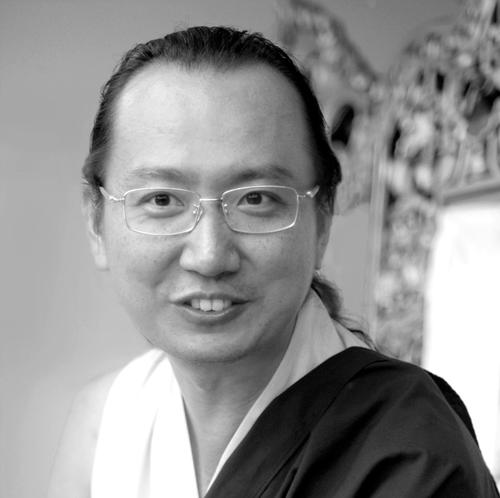 His Holiness the 42nd Sakya Trizin, Ratna Vajra SakyaAdvisor
His Holiness the 42nd Sakya Trizin, Ratna Vajra SakyaAdvisor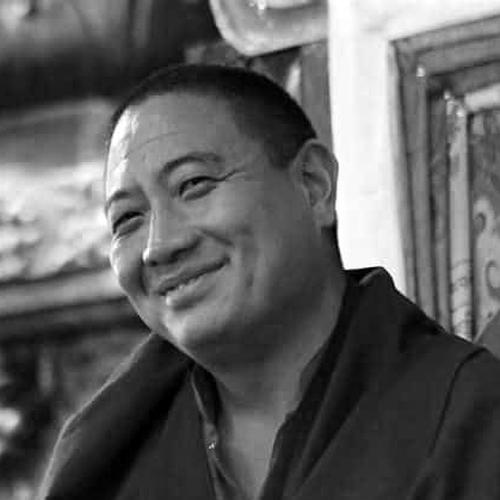 Shechen Rabjam RinpocheAdvisor
Shechen Rabjam RinpocheAdvisor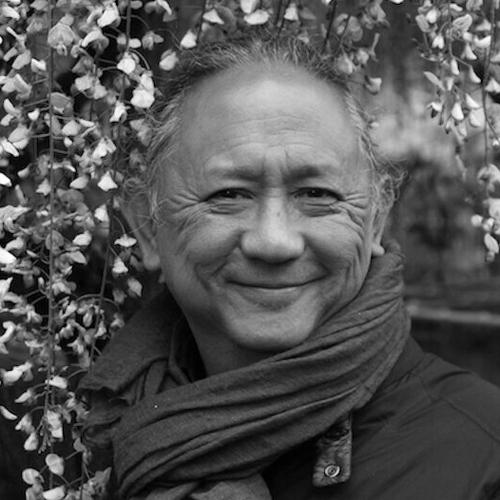 Dzigar Kongtrul RinpocheAdvisor
Dzigar Kongtrul RinpocheAdvisor Alek Zenkar RinpocheAdvisor
Alek Zenkar RinpocheAdvisor Chagdud KhadroAdvisor
Chagdud KhadroAdvisor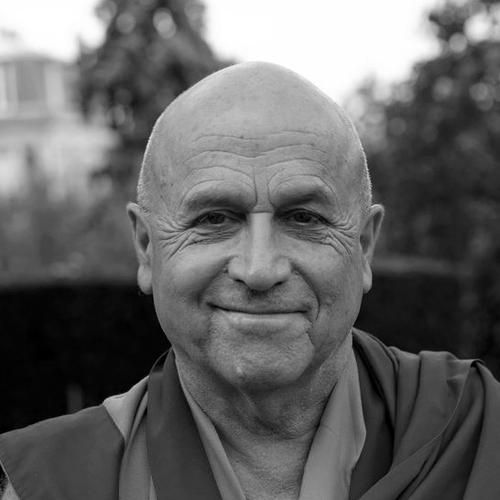 Matthieu RicardAdvisor
Matthieu RicardAdvisor Erik Pema KunsangAdvisor
Erik Pema KunsangAdvisor Elizabeth Mattis-NamgyelAdvisor
Elizabeth Mattis-NamgyelAdvisor
We gratefully acknowledge our fruitful collaboration with the following organizations:
- BuddhaNexus
- Buddhist Digital Resource Center
- Dharma Sagar
- Dharmachakra Translation Committee
- Dzongsar Monastery, Derge
- Khyentse Foundation
- Kumarajiva Project
- Lotsawa House
- Mangala Shri Bhuti
- Nalanda Translation Committee
- Padmakara Translation Group
- Rangjung Yeshe Institute
- Samye Translations
- Shechen Monastery
- Siddhartha’s Intent
- Treasury of Lives
- Tsadra Foundation
- Vairochana’s Legacy
- 84000
“I’m very impressed with KVP’s project design, people, planned outputs, and so on. I hope other communities will take it as a model and attempt something just as bold.”Jann Ronis — BDRC Executive Director
Tantric Texts Policy
Jamyang Khyentse Wangpo’s corpus includes Vajrayāna works from a range of Tibetan Buddhist lineage traditions and schools. Many tantric texts require prerequisites (e.g., a reading transmission, an empowerment, and/or an explanation by a lineage holder) to be read and practiced. Sometimes these requirements are detailed in the texts themselves (e.g., in the beginning or in the colophon of the work). In other cases these requisites are implied and will require specific guidance by a teacher of the lineage tradition associated with the text. In general, a tantric text that requires a prerequisite will include a warning at the beginning of the KVP translation and/or will require a reader to register for a KVP account before accessing the work. We advise readers to consult directly with a Dharma teacher before confirming that they have permission to read or practice a tantric text.

